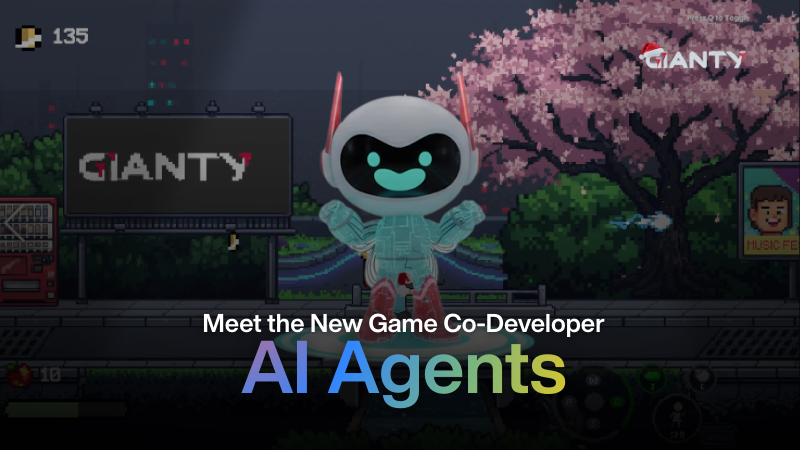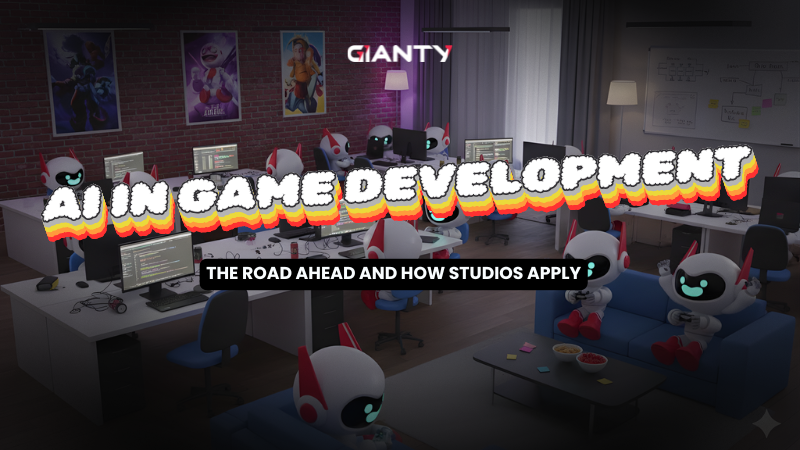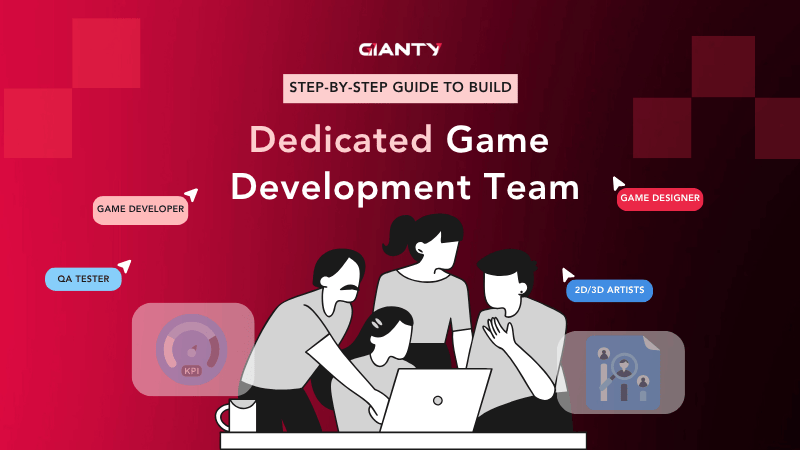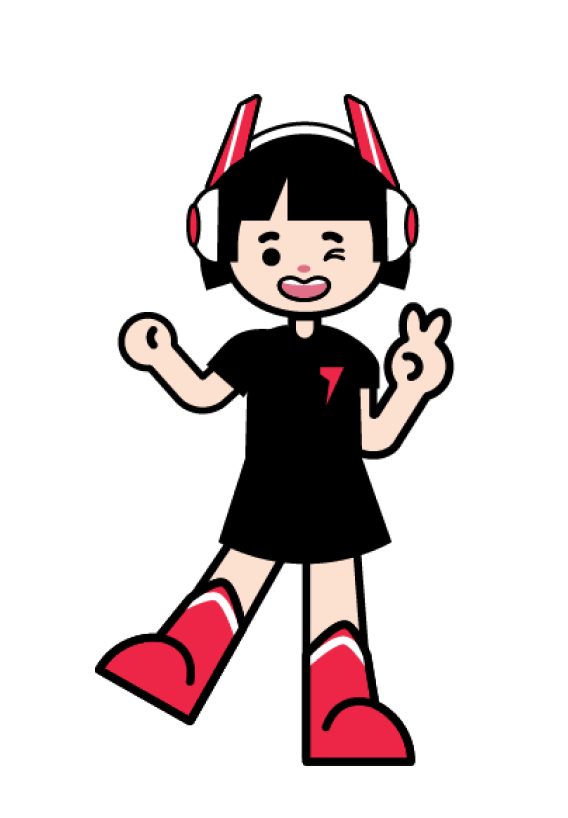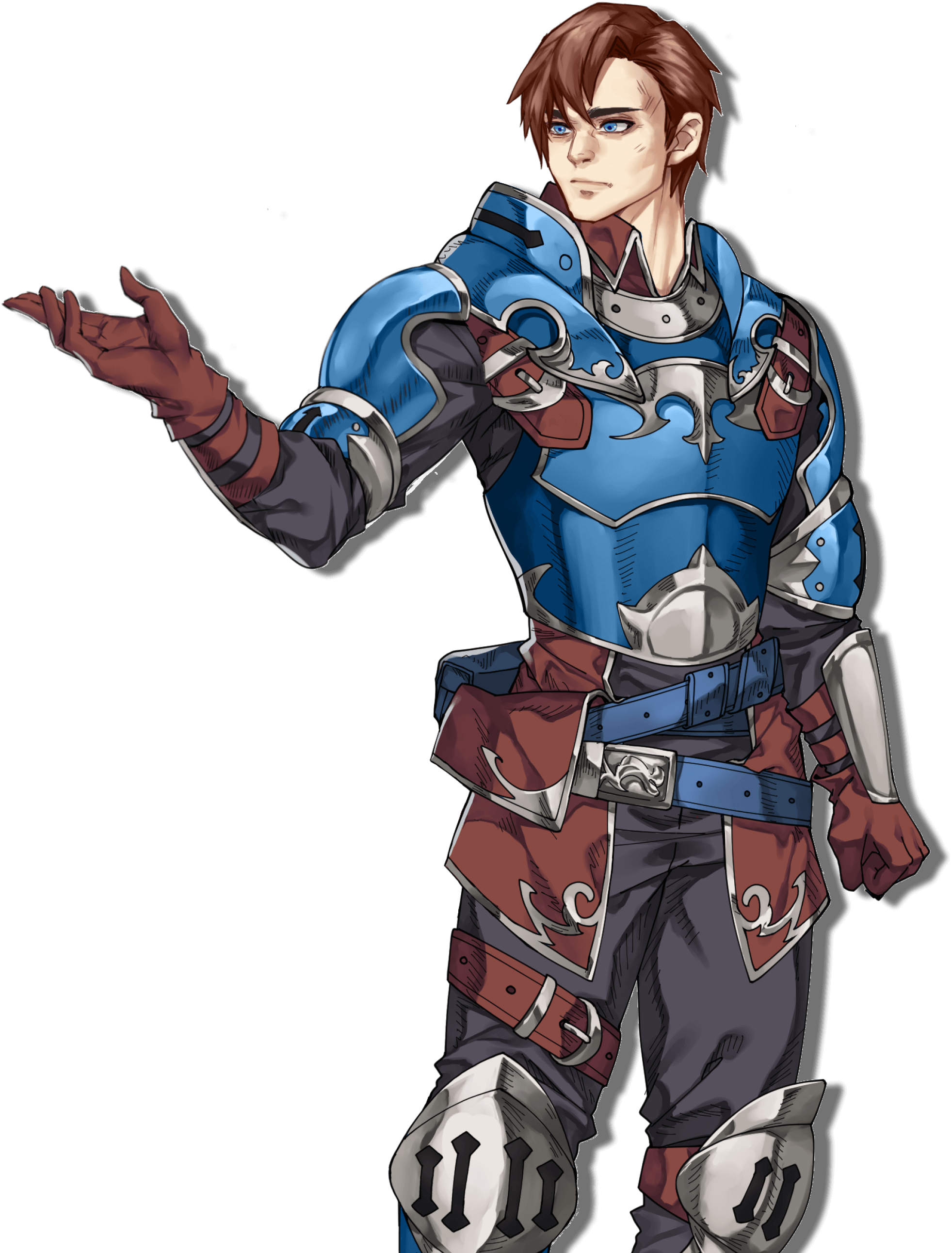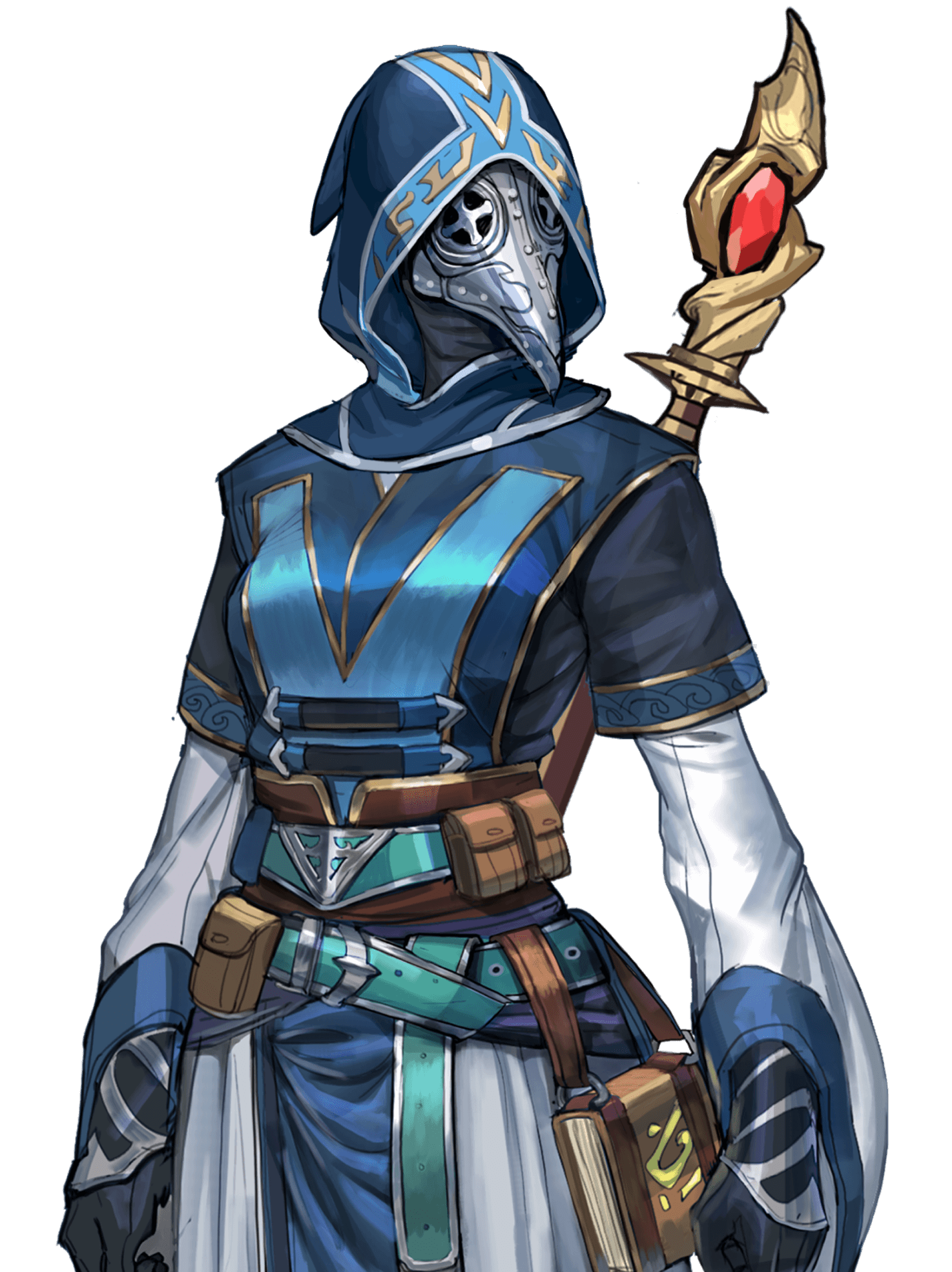Within just a few days, Brother Hai Pho Restaurant or “Tiệm Phở của Anh Hai” – an indie game developed by a Vietnamese student, exploded into a viral phenomenon “namedmarisa070” on itch.io. Players across the country started sharing memes, posting “check-ins” at “10 Dan Phuong Street”, and turning this humble project into a piece of online pop culture.
No marketing budget.
No publisher.
No fancy production.
And yet, it spread like wildfire – leaving game developers everywhere wondering: How did such a small game create such a big impact?
And more importantly: What can aspiring game creators learn from it?
Start small, but start with what’s real
The first thing that makes “Brother Hai Pho Restaurant” stand out is its authenticity. It doesn’t take place in a fantasy world or a sci-fi universe, but it’s set in a small, local Pho restaurant – The kind of place where millions of Vietnamese have breakfast every morning.
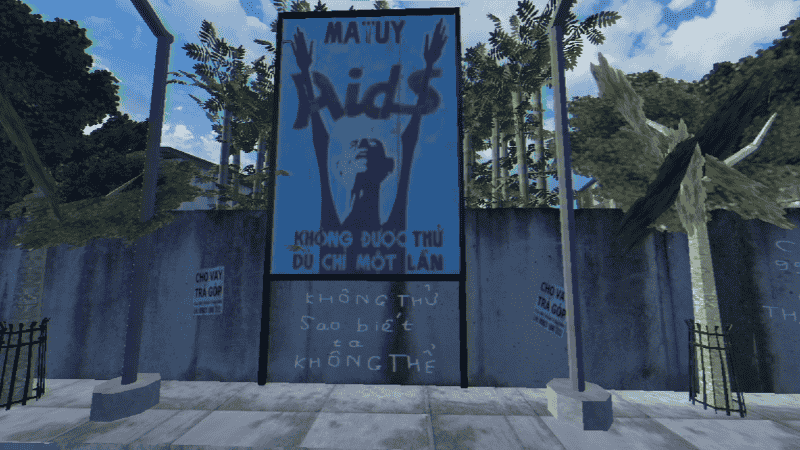
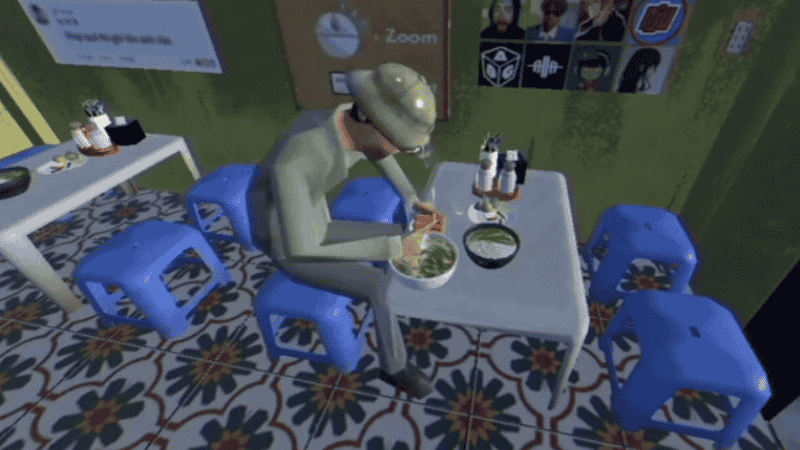
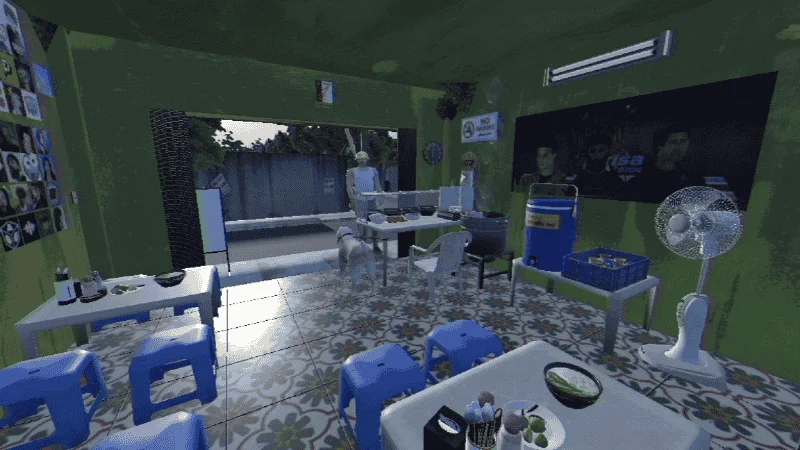
Small, ordinary details make it feel alive:
- Plastic blue chairs
- A free pitcher of iced tea
- The noise of motorbikes rushing by outside
- The old patterned floor tiles
- The pale green walls
- The chopstick holders
- The yellow signboard with red letters
- And even the small details, like concrete-drilling flyers or instant loan advertisements stuck on the walls, everything carries a distinct, familiar imprint of everyday Vietnam.
While many indie developers try to imitate Western design, “Brother Hai Pho Restaurant” tells a Vietnamese story with Vietnamese materials. That honesty, that closeness to daily life, is what truly resonates with players.
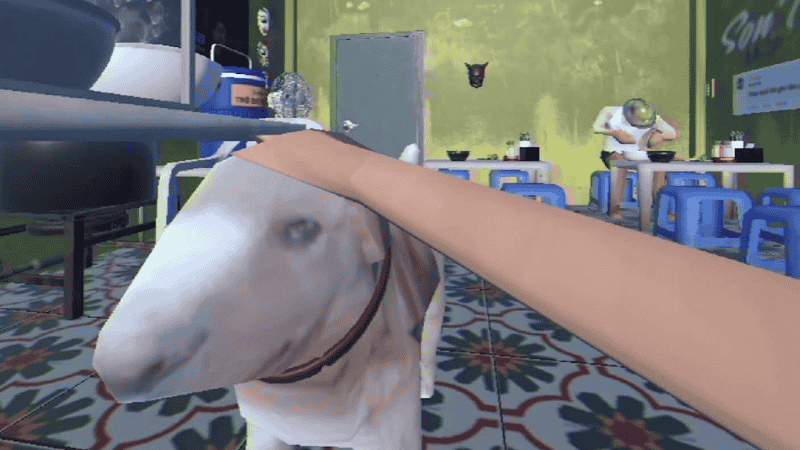
Key Takeaway: When you start making games, don’t chase size or spectacle. Instead, aim for truth. Create something that feels emotionally real, something rooted in the people and places you know best.
You’re an indie studio and want to know if your game will work — or preparing to pitch to investors?
Start with an MVP. Download our MVP Checklist to build smarter, faster, and with confidence.

Local culture isn’t a limitation
In today’s crowded indie game market, tens of thousands of new games are released every year. So how can one small project stand out?
The answer lies in identity. “Brother Hai Pho Restaurant” proves that Vietnamese culture can be a creative advantage, not a barrier. The game doesn’t try to “Westernize” its setting but stays local. And ironically, that’s what made it global. The world is always curious about authenticity. When a game captures the rhythm, habits, and heartbeat of Vietnam, it does more than entertain; it carries the Vietnamese spirit and identity to the world.
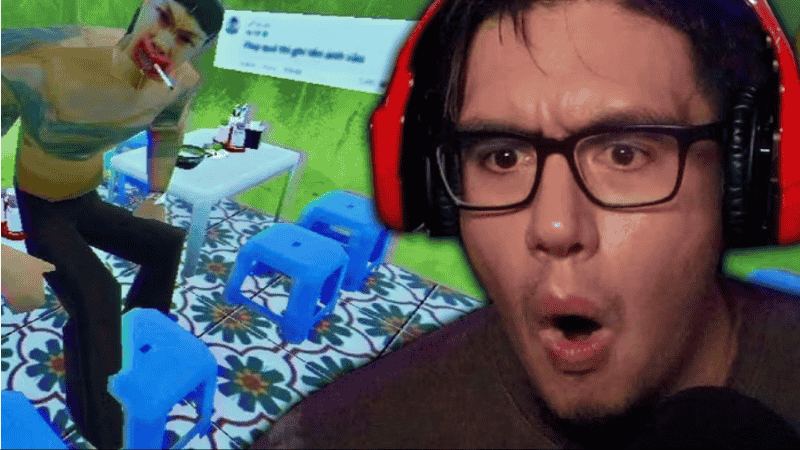
Soon after, global YouTubers began picking it up. Kubz Scouts, a YouTuber with more than 6.3 million subscribers, livestreamed his playthrough of “Brother Hai Pho Restaurant” and expressed genuine delight at the game’s unexpected twists.
At the end of the stream, he praised the developer, saying that he had not expected much at first but was completely surprised by how engaging and unpredictable the story turned out to be. “To the developer,” he said, “this game is amazing, keep making more. The storytelling is great, the gameplay is fun, and I had no idea where it was going next. It’s random, it’s tense, and I just wanted to keep playing.”
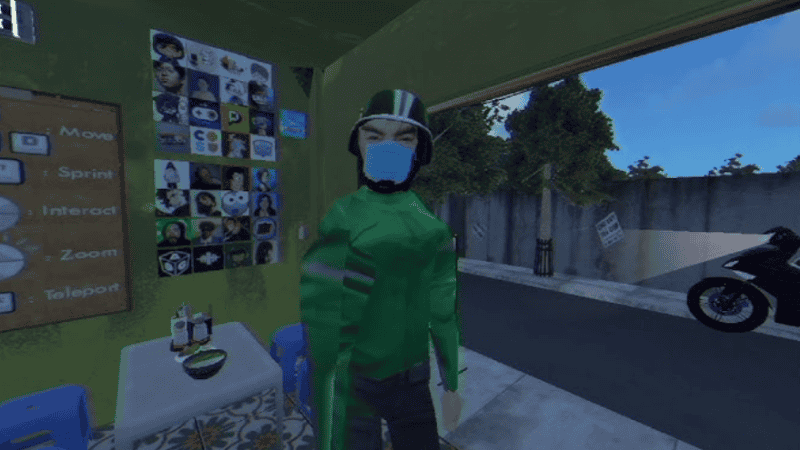
Besides that, the humor in Brother Hai Pho is distinctly Vietnamese: quirky, self-aware, and full of charm. It makes players laugh not because of slapstick, but because of recognition, like “yeah, I’ve met people like this.”
Key Takeaway: Local flavor is your creative superpower.
Meme-Driven Virality: When the Community Becomes the Marketing
Without any advertising budget, Brother Hai Pho Restaurant spread widely through the sheer energy of its community. Players began recording their reactions, clipping funny moments, drawing fan art, and even remixing the sound of the “boiling broth” into memes and videos. Together, these moments became a wave of user-generated content (UGC) that flooded TikTok, X, and Reddit.
This kind of meme-driven virality created the kind of organic reach that most brands can only dream of. Instead of traditional advertising, the game became a creative medium – a shared piece of culture that players used to tell their own stories in their own ways.
Surprise is the most powerful form of virality
At first glance, “Brother Hai Pho Restaurant” looks like a simple cooking sim — make pho, serve customers, repeat. But after a few minutes, players start to realize something’s off.
The atmosphere shifts. Customers behave oddly. Sounds distorted. And suddenly, what seemed like a cozy slice of life turns into something weirdly unsettling.
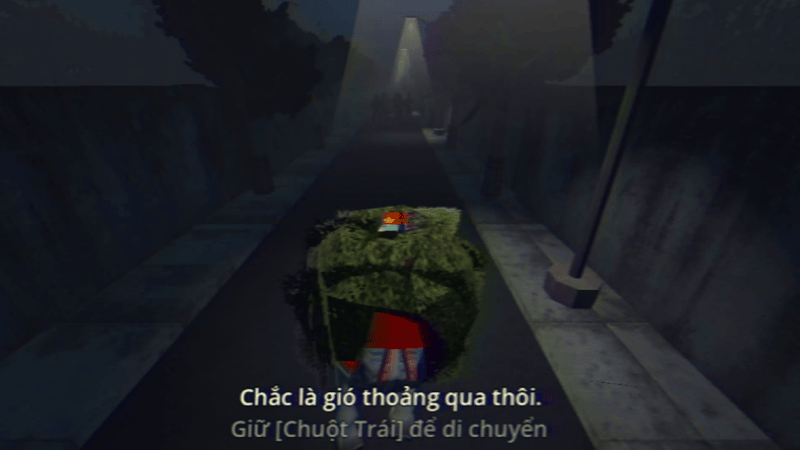
That unexpected twist became its viral spark. Players didn’t just play the game; they talked about it. And until now, it has had over 2 million downloads in 3 weeks.
This phenomenon is not simply a viral game title but also reflects the tastes of players, who increasingly wanting to access products with spiritual meaning and unique features.
Key Takeaway: When designing your game, think about the “share moment.” One twist, one joke, one strange turn that can let people tell others about your work and make it go viral.
More Than a Viral Game — “Brother Hai Pho Restaurant” is A Sign of Vietnam’s Creative Awakening
So how can we create more Vietnamese-made games or creative works in general that achieve the same kind of success as Brother Hai Pho Restaurant? From this story, there are three lessons that designers and developers in Vietnam might consider.
- First, embrace and explore Vietnamese culture and daily life. Stories about pho, sidewalk cafés, or traditional markets are not clichés – they are cultural treasures.
- Second, do not be afraid of failure. The creator of “Brother Hai Pho Restaurant”, known online as marisa0704, went through more than 200 unsuccessful projects before this one.
- Third, prioritize storytelling over technology. A good story and meaningful characters will always have more power than flawless graphics without emotion. In an era where AI and GPUs can render every strand of hair, the rough, unpolished visuals of Brother Hai Pho have become its signature charm
This indie game is not just entertainment; it is a vivid testament to Vietnamese creativity and cultural identity in the digital age. Beyond being a viral hit, this game spreads rapidly across the internet and social media to become a cultural sensation.
And beyond that, we can feel the steadily growing strength of Vietnamese game developers: talented and globally minded. With our skilled Vietnam game development team, GIANTY is part of this creative movement – shaping a future where Vietnamese craftsmanship, imagination, and cultural voice can stand proudly on the global stage.
Let’s see GIANTY’s pov:
If you enjoy reading stories like this and want to stay updated on the latest game news, creative insights, and industry trends, subscribe to GIANTY’s newsletter here.





